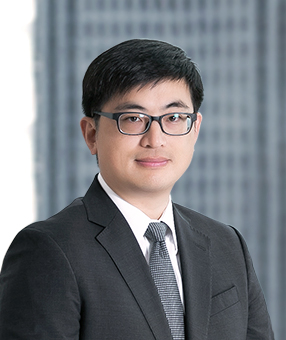On January 21, 2025, an amendment to the Patent Act ("Amendment") was promulgated that introduces important revisions to patent term extension (PTE) system in Korea. The Amendment will come into force on July 22, 2025 (six months after promulgation), and will apply to PTE applications based on product approvals issued on or after that date. The most notable amendments and implications are as follows.
1. Only One Patent Extension Per Approval
Under the current PTE system, while each patent can only be extended once, and PTE can only be granted for the first approval of a new chemical entity ("NCE") in Korea, there is no limit to the number of patents that can receive PTE based on a single approval, as long as they all cover the approval.
The Amendment now changes this to limit the number of patents that can be extended based on a single approval to only one. Thus, a patent owner must select one patent to actually receive PTE.
2. 14-Year Maximum Patent Term from Drug Approval Date
While a maximum of 5 years of PTE can be granted for a single patent, until now there has been no limit to the total amount of time a patent term can be extended.
However, the Amendment adds a further limit to PTE by limiting the maximum amount of extension a patent can receive to up to 14 years from the drug approval date. This may have significant implications if there is only a short gap of time between the patent filing date and the drug approval date in Korea.
While the Amendment was ostensibly passed under the rationale of seeking to harmonize the Korean PTE system with the PTE systems in other major jurisdictions (especially the United States), as a practical matter, the Amendment is highly likely to be favorable to generics' interests.
In order to maximize patent term and exclusivity under the revised PTE system, when deciding which patent to extend, a patent owner (PTE applicant) will now need to consider additional factors on a case-by-case basis, such as patent strength and enforceability (i.e., which patents are less vulnerable to invalidity challenge or design arounds), effective patent term in relation to the data protection period and the 14-year cap, the enforceable scope of the patent during PTE, etc.
Our firm is monitoring for any amendments to the relevant regulations, and information on how the revised PTE system is implemented in practice, and will provide periodic updates as appropriate.
Related Topics






